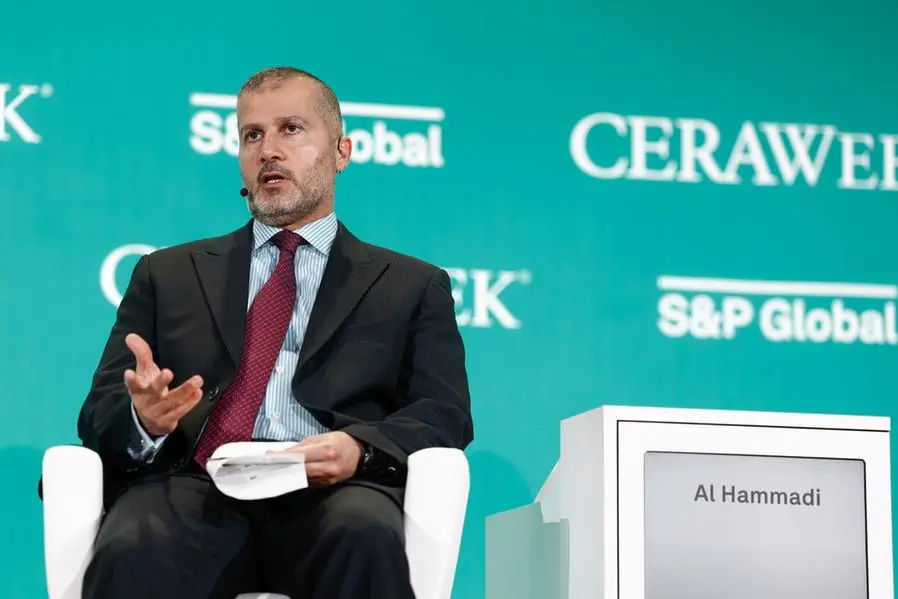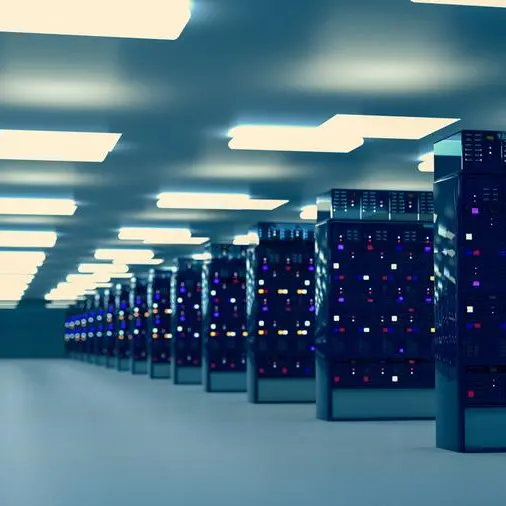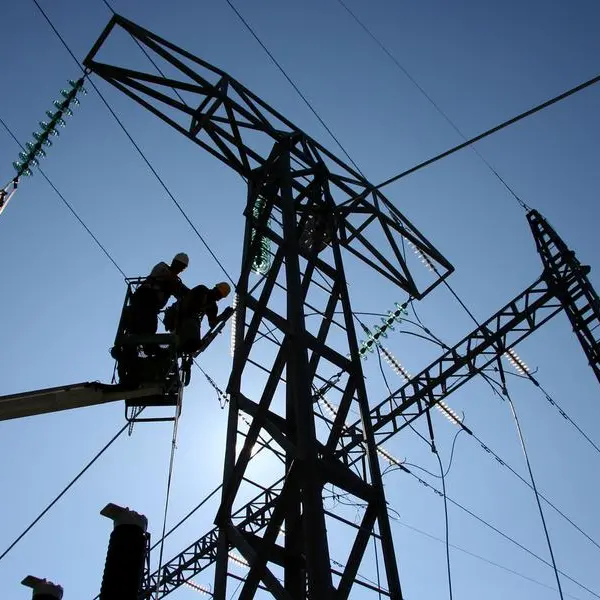PHOTO
ABU DHABI - The Emirates Nuclear Energy Corporation (ENEC) is showcasing the vital role that “Net Zero Nuclear Energy” is playing in tackling climate change and rapidly decarbonising the power sector in the UAE, at CERAWeek, the world's premier energy conference taking place in Houston, U.S. from 6th-10th March, 2023.
With more than 7,600 delegates this year, CERAWeek is highlighting how electrification is a key pathway to a low-carbon future as wind, solar and other zero-carbon electricity sources including nuclear energy continue to expand around the world.
Mohamed Ibrahim Al Hammadi, Managing Director and Chief Executive Officer of ENEC, featured on the “The Electrification of Everything?” panel alongside experts Calvin Butler, President and CEO, Exelon Corporation; Thad Hill, President and CEO, Calpine Corporation; and Jean-Pascal Tricoire, Chairman and CEO, Schneider Electric.
Al Hammadi explained how Barakah is a successful global benchmark for other nations looking to diversify their energy portfolio during a time of international energy crises, with three units of Barakah delivered in three consecutive years and a 4th unit soon to follow, generating 4,200 MW of baseload, reliable, clean electricity 24/7 today, and eventually 5,600MW and 25 percent of the nation’s power.
“Grids are complex systems, and we need to work together to think of the most ideal ways to ensure the provision of reliable clean electricity. To achieve this, the power industry needs to think outside the box to create the grids of the future,” Al Hammadi said. “In the UAE, we took the lessons learned from other markets that succeeded or those that faced difficulties and delivered a grid that is secure, diverse and sustainable which enables the country to face a new era of growth and prosperity.”
When fully operational with the fourth and final Unit, the Barakah Plant will prevent millions of tonnes of carbon emissions - the leading cause of climate change - every year – and will free up billions of dollars of natural gas annually that would have otherwise been used for electricity generation.





















